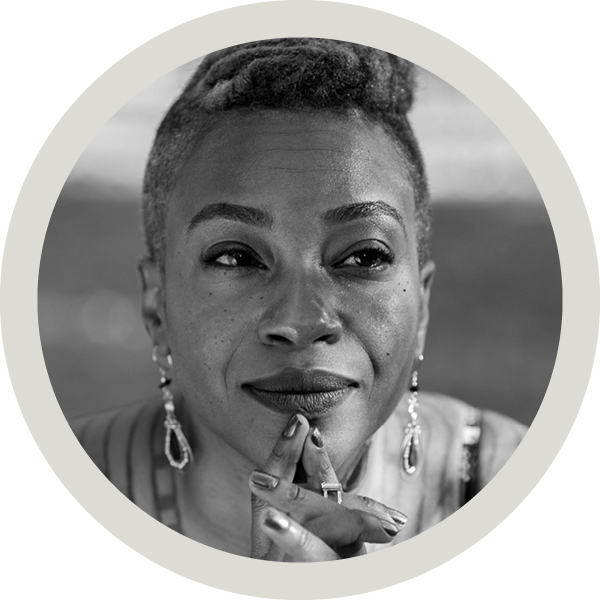Akilah Richards

Homeschooling &
Unschooling with
Akilah Richards
What if we started the shape of our space with emptiness? As educators, what if we started our relationship to our students by saying, “I don’t know?” In this way, we can begin a process of shared inquiry, of asking questions, of modeling epistemic humility – the value in knowing what one doesn’t know.
The word “humility” shares a root with the word humus, or soil. It refers to being grounded, humble. Earthy. In this way, we are talking about the value of organic processes, rather than engineered ones; we are talking about the intrinsic creativity of the learning community itself rather than ideas imposed from the teacher, or worse, the bureaucrat.
The classroom, therefore, is empty. I mean this in the Buddhist, rather than the literal, sense. Its shape emerges in relationship and shared decision-making. The educator, therefore, can at once instill humility in the student by modeling it – always a better way to make a person humble than by constantly beating them down —– and, at the same time, empower the student by allowing for the classroom and its processes to be shaped by them. In listening, the teacher teaches that the student has something to teach, too.
ReImagining the Classroom
– Theodore Richards
Guest Bio
Akilah S. Richards is passionate about mindful partnerships and decolonizing parenting. She started Raising Free People Network, a digital multimedia platform for education, deep listening, and emergent collaborations at the intersection of privilege, parenting, and power. Her unschooling podcast is called Fare of the Free Child, and her latest book, Raising Free People: Unschooling as Liberation and Healing Work is available through PM Press, many local bookstores, and on Amazon.